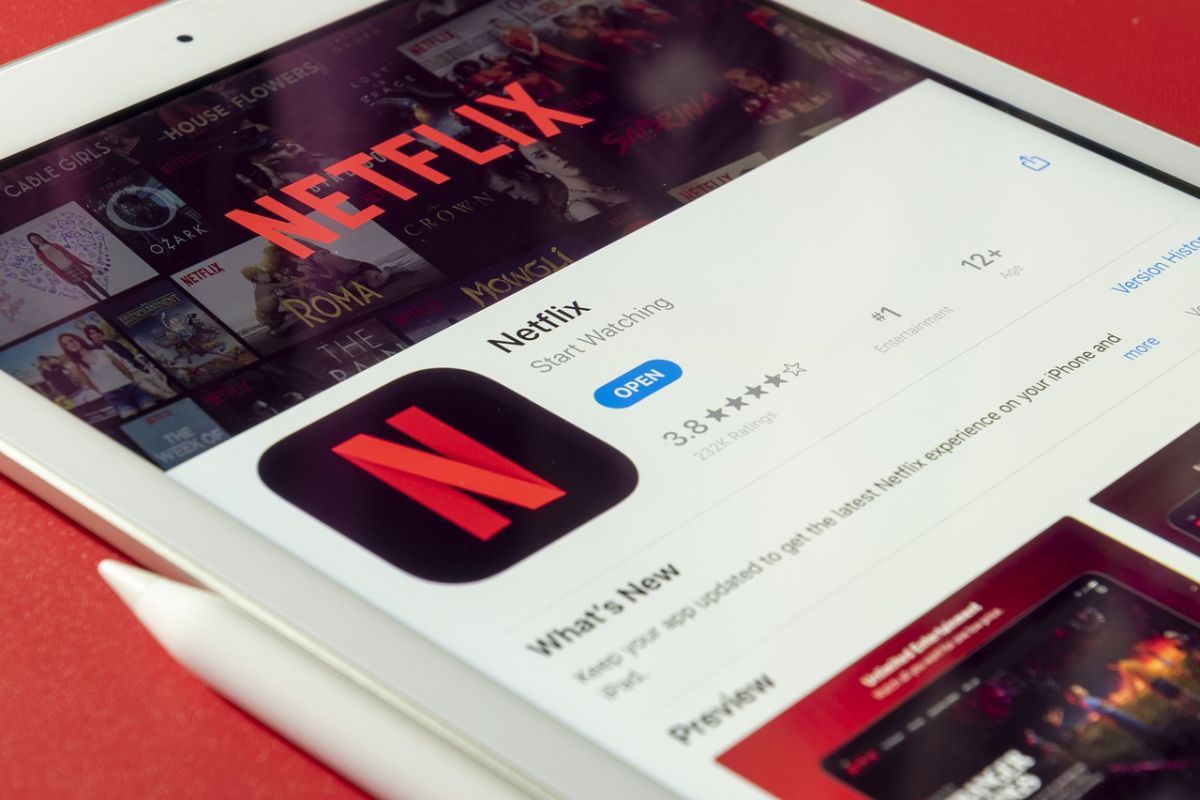With so many people worldwide loving Netflix, it comes as no surprise that about a third of all subscribers share their passwords with friends and family.
In-home password sharing is natural, and that's why family plans are available, but 33 percent of Netflix accounts are shared in more than one household.
How Many Netflix Account Passwords Are Shared?
A brand new survey shows that many Netflix subscribers share their passwords outside of their households. The data from Leichtman Research Group indicates that only 64 percent of Netflix subscribers keep their passwords in-house.
Another 33 percent of Netflix services are shared in more than one household, shows the survey conducted of 4,400 households across the United States.
To break down this number, you should know that 15 percent admitted to paying for the service and sharing the password with others, while another 15 percent said they were using the service someone else was paying for. The other 3 percent admitted to co-paying for the Netflix account they were using.
How do these percentages translate into numbers? According to Netflix's letter to shareholders, the company has 222 million paid memberships worldwide as of the end of 2021. While the company does not share subscription numbers per country, they state that Netflix has about 75 million subscribers in the USA and Canada.
By those numbers, about 73 million subscribers worldwide, 25 million of which are in the United States and Canada, share their passwords with friends and family members who do not live with them.
What Is Netflix Doing About Password Sharing?
In mid-March of 2022, Netflix was asking users in Chile, Costa Rica, and Peru to pay extra if they wanted to share Netflix outside their households.
For an extra fee, members of the Standard and Premium plans would get the ability to add two extra sub-accounts, each with unique login details and personal recommendations.
The request was just that—a request—and no one was forced to pay anything extra, but it's enough to indicate that Netflix does not like this climbing trend of password-sharing.
Why Is Netflix Considering Extra Fees for Password-Sharers?
The yearly growth rate of the Netflix subscribers base has flattened some. The numbers reported by the company for 2021 indicate they added 18.2 million customers, about 50 percent less than in 2020. It was the worst yearly growth Netflix had had since 2015 when it gained 16.4 million subscribers.
When you add that Netflix spent about $17 billion in 2021 for content production, you get a pretty clear picture of why Netflix is designing a way to make password sharers pay extra and why they've been hiking up the subscription prices.
For many years now, Netflix has been a leader when it comes to subscriber numbers, thanks to its presence in 190 countries. The reign of Netflix is being threatened by the quick rise of Disney+, a service that ended 2021 with 129.8 million subscribers worldwide.
The achievement comes just a little over two years after its launch, during which time it became available in over 50 countries. The subscriber number will likely explode, with Disney planning to expand the streaming service to over 40 countries in 2022.
When you consider the flattening Netflix growth, the hefty content production bills, and the tough competition, it is clear why the company is trying to turn some of those freeloaders to pay for their own Netflix accounts. Having an additional 25 million new subscribers in the US and Canada alone, or over 70 million worldwide, is massive, especially when looking at the 2021 numbers.
Should Netflix Stop Password Sharing?
As a third of subscribers in the United States admit they share their Netflix password with others or use someone else's account, it's fair to assume the situation expands well beyond the country's borders.
Since Netflix invests billions of dollars every year to create content everyone can enjoy, it will need the revenue that it misses on as so many people are using the service by breaking the company's policies on password sharing.
Ultimately, it can take measures against password sharing or increase the subscriptions even more than they have already.



